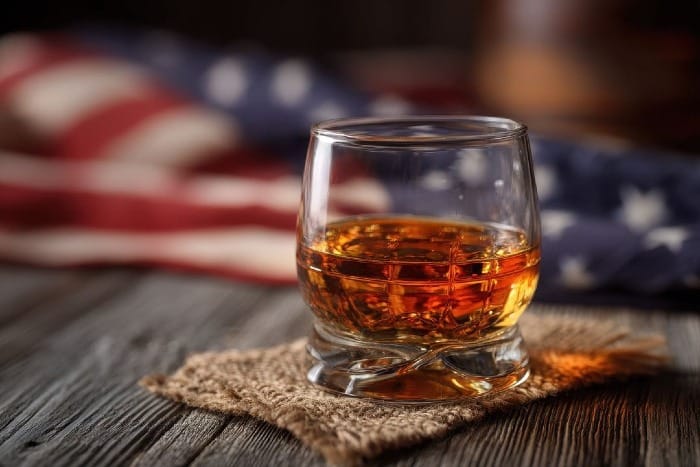Americans Say Alcohol's Effect Is Negative, But Use It As Usual Anyway
Americans' views of the effects of alcohol are quite negative. Gallup recently reported that slightly more than seven in 10 Americans say alcohol's effect on those who use it is negative. And 75% say the effect of alcohol on society at large is negative. But alcohol use
Americans' views of the effects of alcohol are quite negative. Gallup recently reported that slightly more than seven in 10 Americans say alcohol's effect on those who use it is negative. And 75% say the effect of alcohol on society at large is negative.
But alcohol use has been remarkably steady over the past 80 years (the time during which Gallup has measured it). In fact, alcohol has been widely used in the U.S. since the nation's founding. Its use continues to be intertwined with many aspects of American culture, including social and -- in some instances -- religious rituals. Alcohol is also a major contributor to the nation's economy. If the best predictor of future behavior is past behavior, then the best guess would be to predict no significant change in alcohol use going forward, Gallup says.
Despite its widespread use, alcohol's downsides have been recognized in the U.S. for centuries. This awareness reached a climax over 100 years ago, when the 18th Amendment to the U.S. Constitution -- passed by Congress and ratified by 46 of the 48 states -- banned the manufacture, transportation and sale of alcohol. While the resulting Prohibition may have actually lowered the consumption of alcohol as intended, it had numerous other unanticipated negative consequences and was repealed some 13 years after it took effect.
Prohibition may have failed, but Americans to this day perceive that alcohol has negative effects on those who drink it and on society in general. Those who use alcohol are somewhat less likely than those who don't to say its effects are negative -- as we might expect.
But the bifurcation in attitudes between drinkers and nondrinkers is not great. Almost two-thirds of those who use alcohol still say its effect is negative for those who use it (whether they are considering themselves or "others" who drink too much isn't clear), while 71% of drinkers say alcohol has a negative effect on society. Even among the group of those who have had five or more drinks in the previous seven days (regular drinkers), about six in 10 say drinking is bad for the person doing the drinking, and 64% say it's bad for society. Plus, three in 10 Americans say alcohol has been a cause of trouble in their family, Gallup found.
Broadly speaking, we have a situation in which Americans continue to drink alcohol while recognizing that its use can have negative consequences.
These views on the effects of drinking presumably take into account the idea advanced in recent years that moderate drinking could have positive effects on the drinker -- although that conclusion is disputed by some recent reviews of medical evidence. In 2018, a Gallup poll showed that just 16% of Americans said "drinking in moderation -- that is, one or two drinks a day" was good for one's health, while 55% said it had no effect, and 28% said it was bad for health.
Despite the large percentages of Americans who say alcohol has negative effects on drinkers and on society, it doesn't appear to be a moral issue. A Gallup poll in 2018 found that only 19% said drinking alcohol is morally unacceptable.

